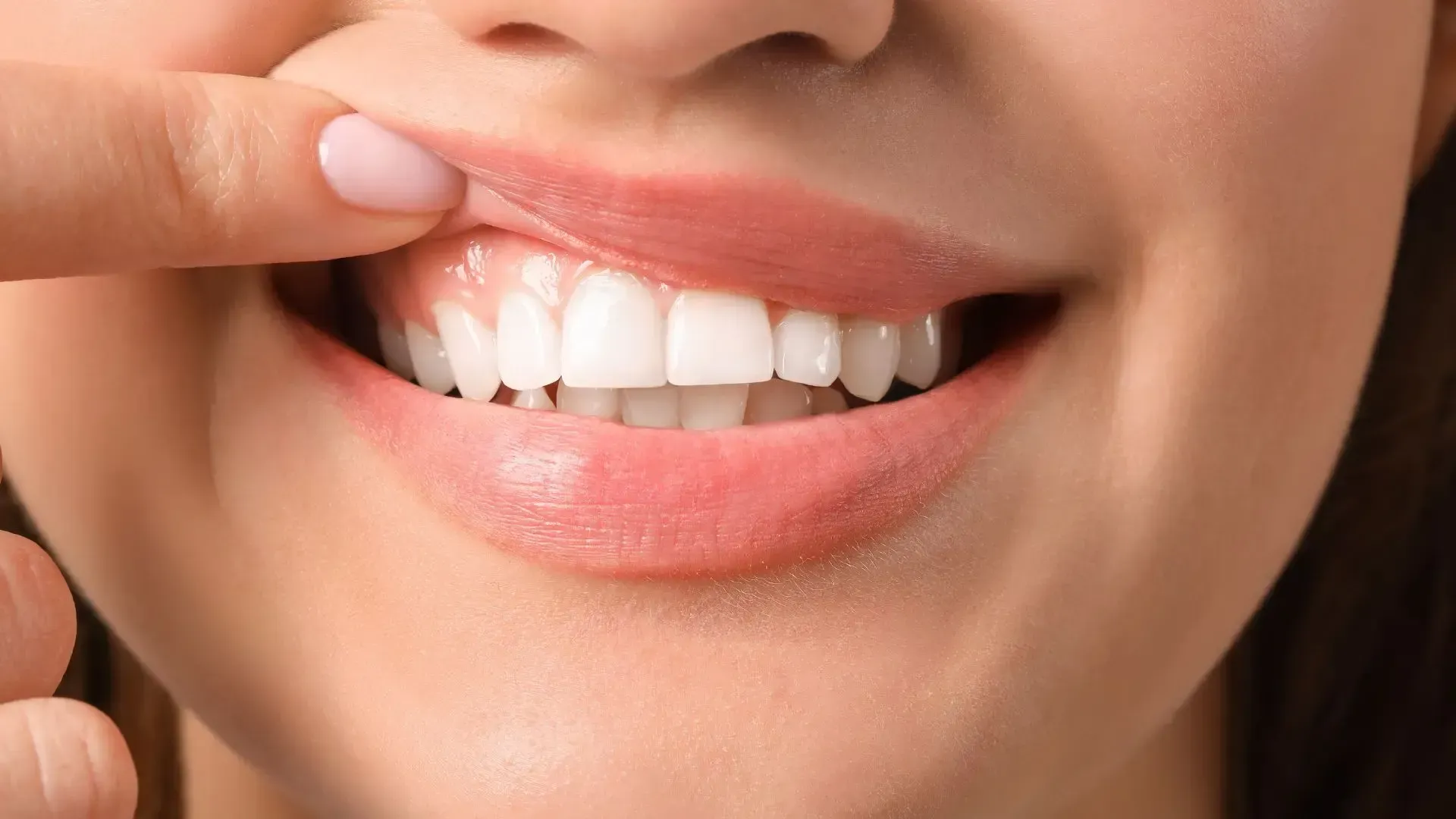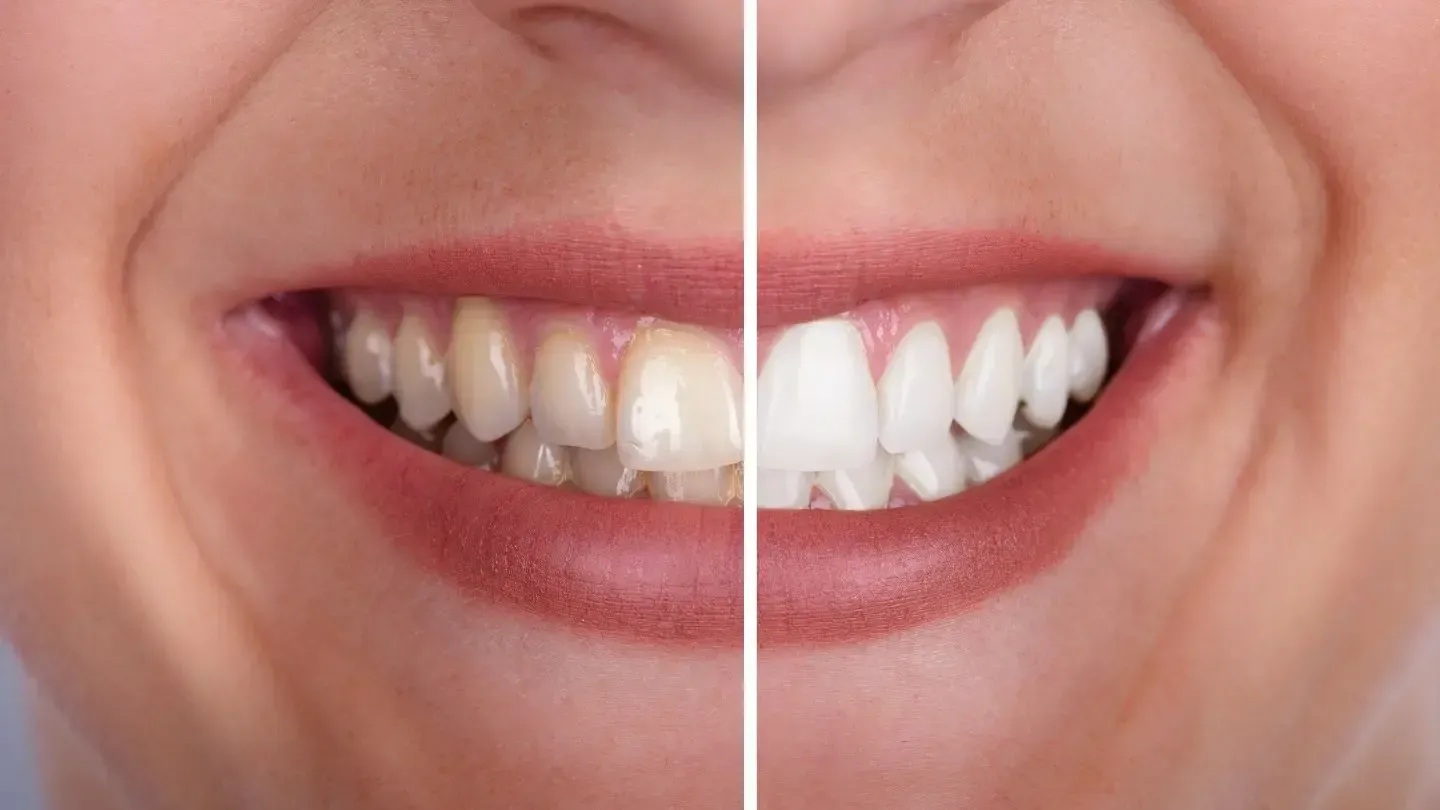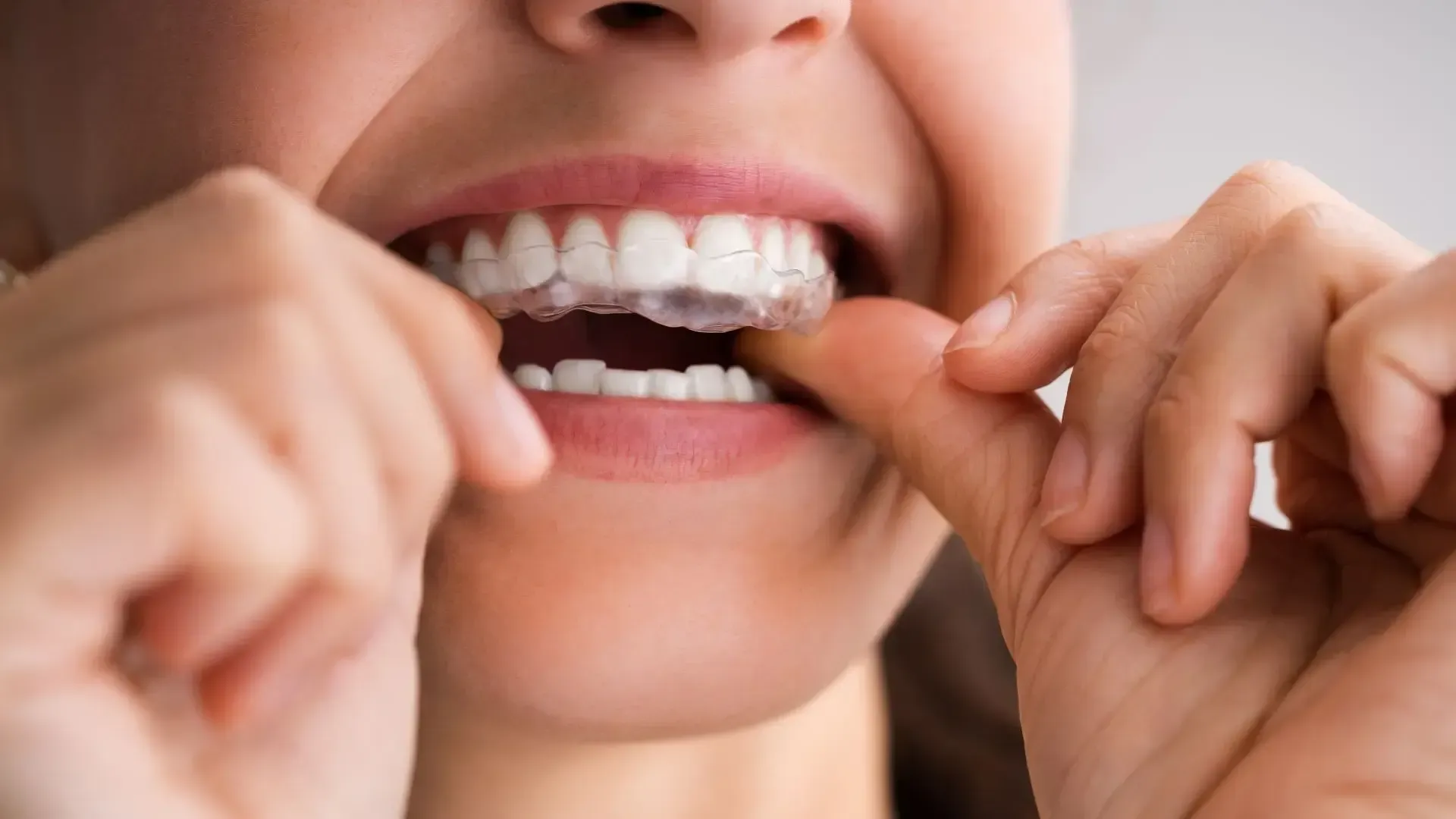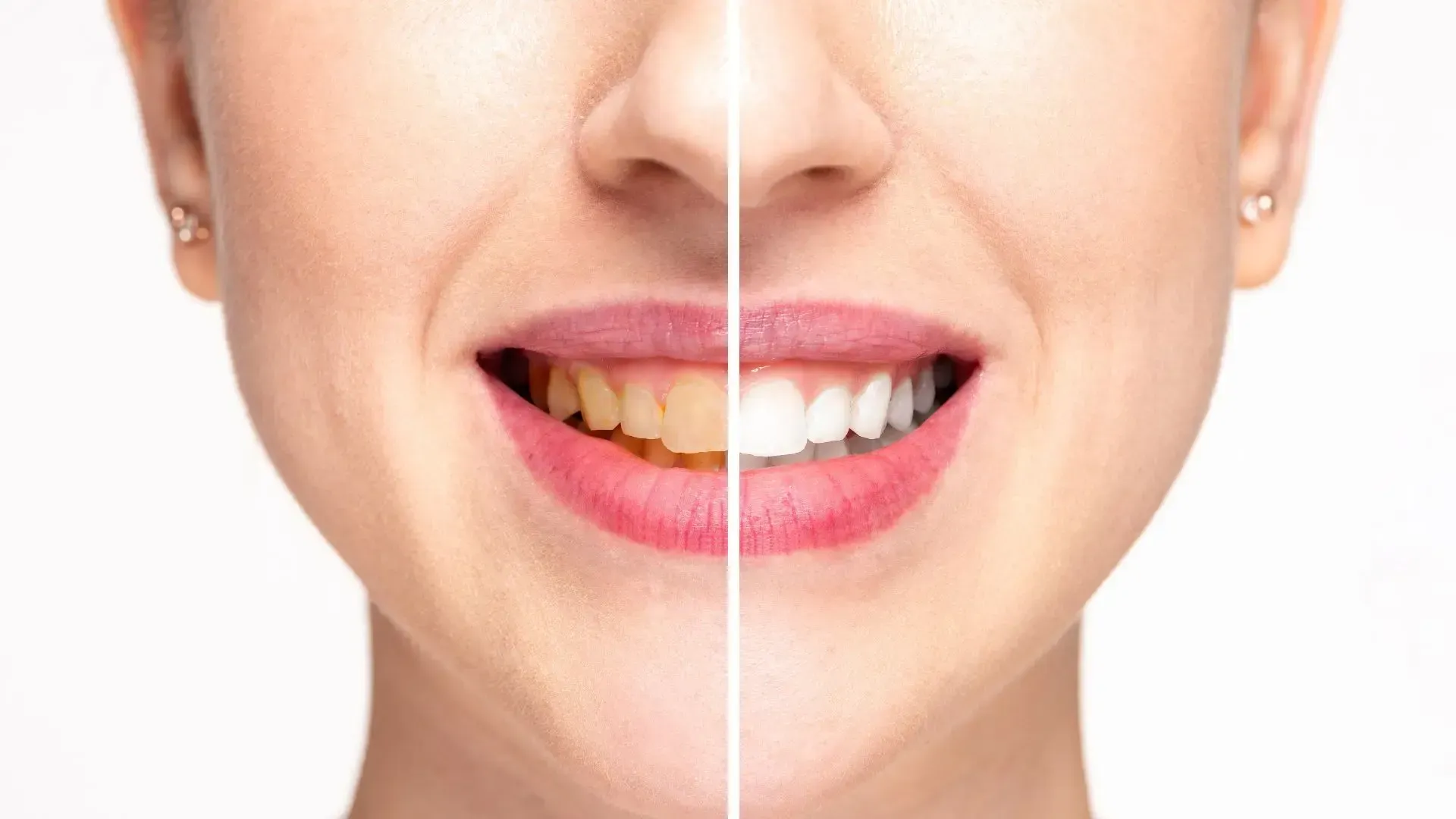From comfort to concern: how thumb sucking affects teeth

Thumb sucking is a habit lots of children have at some stage of their development that provides a sense of comfort and security. It’s caused by the primitive suckling reflex a baby naturally has and is an easy to access way to self-soothe. It’s important to recognise there’s a difference between passively holding the thumb in the mouth (which is unlikely to cause damage) and active, persistent, vigorous thumb sucking. Frequency, duration, and intensity are key influences on the impact on the teeth.
If you notice your child’s thumb sucking is regular and a habit, visit a family friendly dentist in Christchurch. While it is a perfectly normal and often harmless activity which often stops spontaneously between two and four years of age, prolonged thumb sucking can lead to significant dental problems in later life. Duxton Dental recommend children should have their first oral examination when their first tooth erupts, and no later than 1 year old.
The benefits of early intervention
Orthodontic treatment is effective from 8 years old through to braces for adults, but early intervention is the best approach. Addressing the dental issues caused by thumb sucking early on is an opportunity to mitigate the severity of problems and reduce the complexity of future dental treatments.
While this article refers to thumb sucking, the information also applies to dummy use, both of which are common habits in young children. Understanding the impact of prolonged thumb sucking or using a dummy on teeth highlights the importance of seeking advice from your local dentist as soon as possible to improve the function and appearance of the teeth, and general health.
Orthodontists evaluate, track and monitor the child’s dental development and recommend appropriate interventions, such as habit-breaking appliances or early braces, to remedy issues before they become problematic. Duxton Dental offer free orthodontic screenings to explore the best dental treatment available for your child. Our team are skilled at communicating with children and young adults, and explaining the what’s, why’s and how’s. Once children understand the recommended dental treatment, they engage more with the process which boosts the effectiveness of results; many are particularly pleased when they learn they can have Invisalign invisible braces by taking advantage of Invisalign Teen and Invisalign First.

What problems does thumb sucking cause?
The visual impact of thumb sucking on teeth is not your dentist’s only dental care concern. Teeth play an incredibly important role in our overall health and wellbeing beyond the social and cultural demands of having a perfect smile.
People who suck their thumb tend to be chronic mouth breathers suffering with more upper respiratory infections, inflamed gums and tooth decay than people who don’t; this is from the drying effect of mouth-breathing and a narrowed airway. Patients often find restoring their capacity to breathe nasally improves their energy, focus, mood and the quality of their sleep and as a result school grades often improve as a result. The link between oral and general health cannot be overstated.
Thumb sucking also compromises the teeth’s ability to perform their many functions:
· Teeth chew and break down foods to help with digestion and nutrient absorption.
· They play a crucial role in speech and help sounds to be articulated clearly.
· Teeth contribute to the structure and aesthetics of the face.
Persistent thumb sucking beyond the early developmental stages (past the age of five), starts to interfere with the proper alignment and development of teeth and jaws. The sustained pressure exerted by the thumb can cause a variety of dental issues:
Malocclusion: otherwise known as the misalignment of teeth, which can lead to an open bite (where the upper and lower front teeth do not meet when the mouth is closed) or an overbite (where the upper front teeth protrude significantly over the lower teeth).
Jaw misalignment: the growth and alignment of the jaw can lead to the narrowing of the upper jaw causing the upper and lower jaw not to fit together so chewing and speaking is more difficult. The shape of the face is also influenced by jaw misalignment, for example an overbite can change the overall look and shape of a child’s face.
Changes to the shape of the roof of the mouth: the steady pressure from thumb sucking can alter the shape of the palate interrupting the eruption path of the teeth changing their natural position and contributing to issues with breathing and speech.
Teeth alignment: the repetitive action of thumb sucking can cause teeth to shift, resulting in crooked teeth. This changes the appearance of the smile but also makes them more difficult to clean so there’s an increased risk of cavities and gum disease.
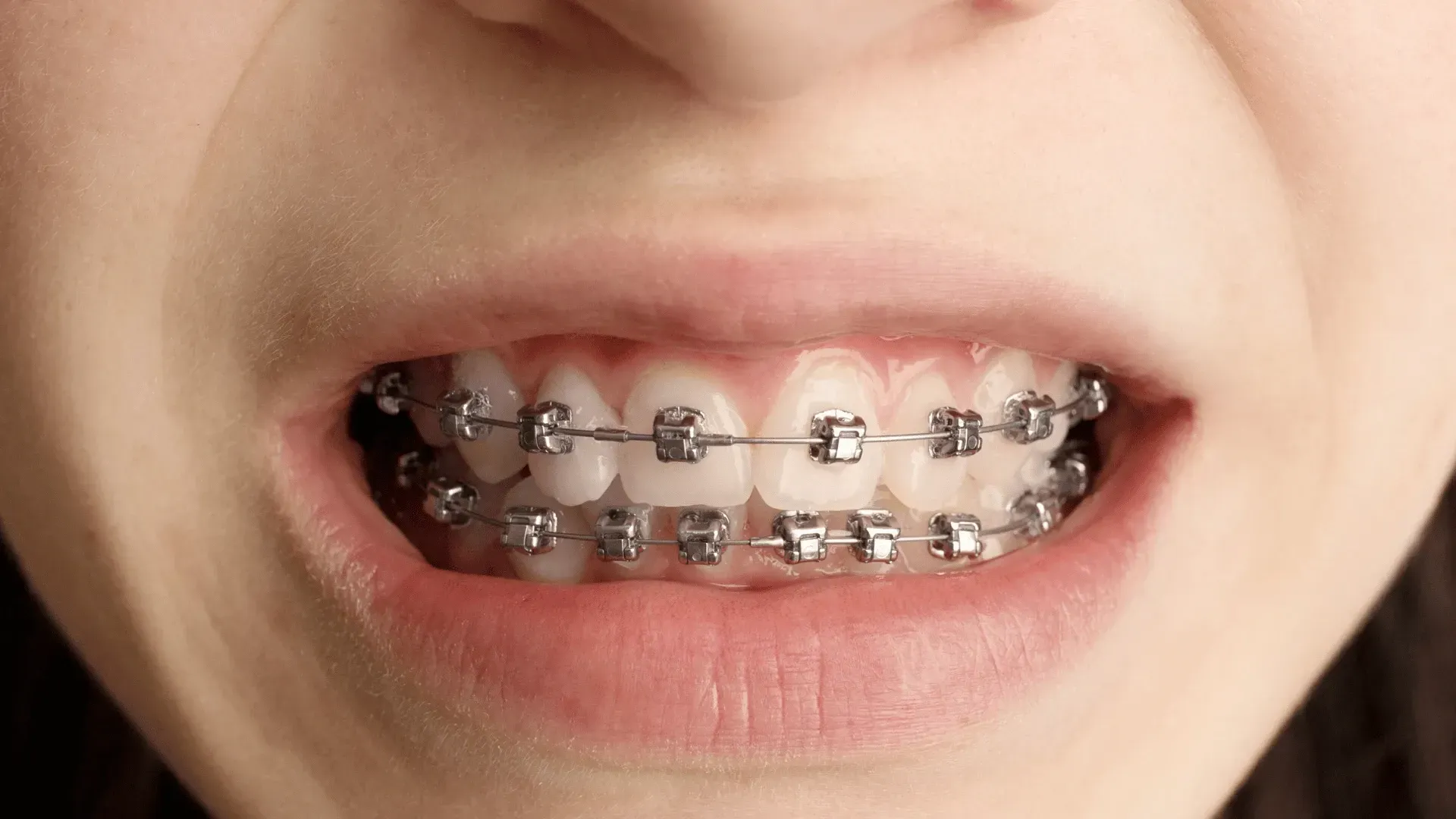
The role of orthodontic braces to correct dental issues
Orthodontic braces are a highly effective solution for correcting dental issues caused by prolonged thumb sucking. Here’s how they help:
- Orthodontic braces realign the teeth and jaws to correct malocclusion. The gentle application of consistent pressure gradually moves the teeth into their proper positions, improving both appearance and function.
- In cases where thumb sucking has led to jaw misalignment, braces help guide the growth of the jaw, so the position of the upper and lower jaws is corrected.
- For Christchurch dental patients with a high, narrow palate, orthodontic treatments such as palatal expanders can be used in conjunction with braces. These devices gradually widen the palate, creating more space for teeth to align correctly and an improvement to overall oral health.
- By straightening crooked teeth, braces make it easier to maintain good oral hygiene which means less dental treatment is required in the future.
Whether you have a child who sucks their thumb, or you did as a child and want to explore corrective options for adults, come and visit our Riccarton dental clinic. Duxton Dental supports minimal invasive dentistry in Christchurch, and champion comfortable and effective dental treatment. For more information or to schedule an orthodontic assessment for your child, contact Duxton Dental in Christchurch at 03 348 5488.










